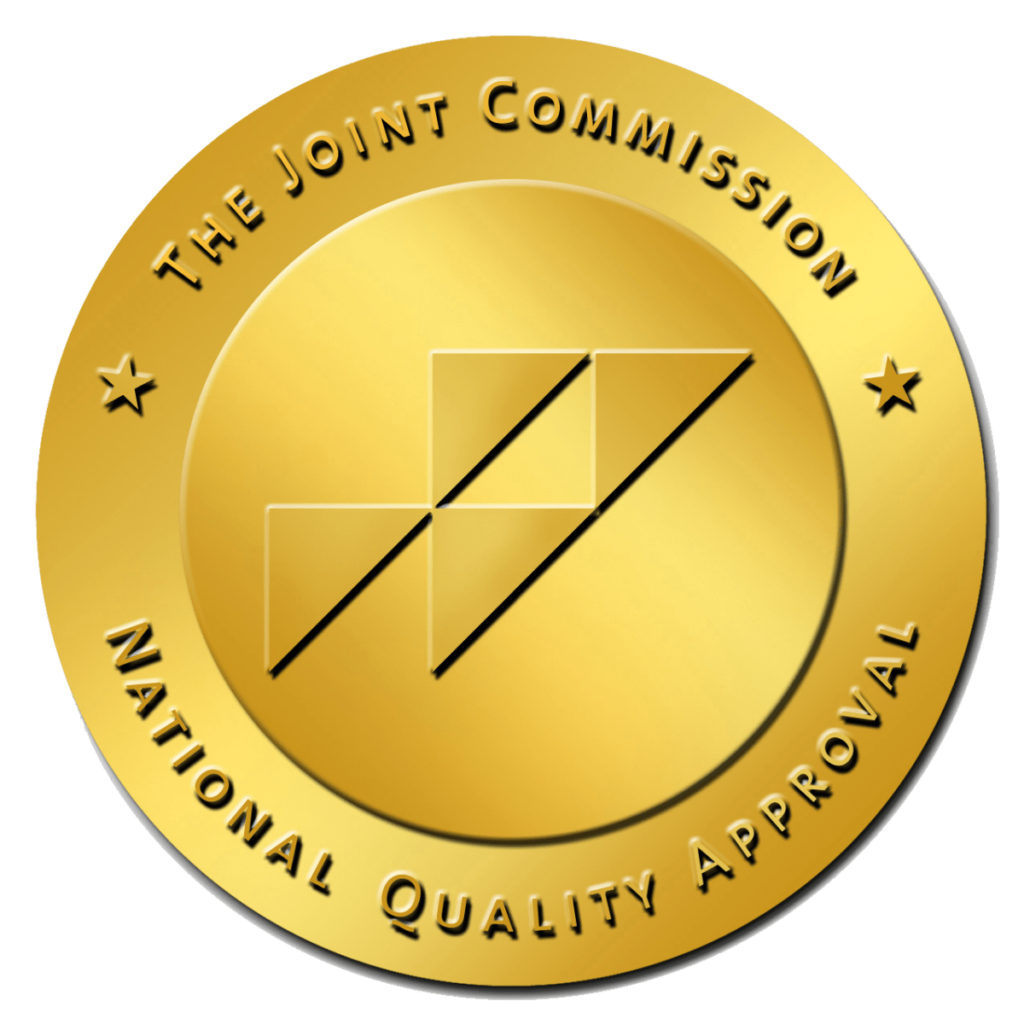Choose Facility
Breaking Free: Identifying Toxic Parent Signs and Embracing Recovery
Toxic parenting—through a difficult subject—necessitates discussion. Parents, as key figures in our lives, significantly influence our development, behaviors, and perceptions of the world. However, not all parental behaviors foster a healthy and nurturing environment. In fact, some are decidedly harmful, causing long-lasting psychological wounds. This blog post explores the realm of toxic parenting, shedding light on its signs and offering methods to manage its impact. Remember, acknowledging the issue is the first step toward healing and creating a healthier future.
Signs of Toxic Parents
Understanding the signs of toxic parenting is crucial in recognizing its presence in one’s life. Here are some behaviors that signal a toxic parent:
- Self-centered behavior: Toxic parents often prioritize their needs over their children’s. This self-centeredness manifests in ways that diminish the child’s feelings or experiences to focus on the parent’s desires.
- Physical abuse: Physical punishment that is disproportionate or unwarranted goes beyond the realm of discipline and enters the territory of physical abuse—a common trait of toxic parents.
- Verbal abuse: Toxic parents frequently resort to yelling, screaming, name-calling, and blaming as methods of communication. These behaviors can have severe emotional consequences on the child.
- Emotional abuse: Stonewalling, or giving the silent treatment for extended periods, is a form of emotional abuse that toxic parents might employ. It’s a manipulative tactic to punish or control the child.
- Blaming the child: Making the child feel at fault, especially for issues beyond their control, is another form of toxicity. This behavior can cause feelings of guilt and worthlessness in the child.
- Manipulation: Manipulative behavior that extends beyond typical parental guilt trips is a sign of toxicity. This can include emotional blackmail or using guilt to coerce the child into complying with the parent’s wishes.
- Inability to respect boundaries: A toxic parent often doesn’t respect personal boundaries. This disregard can feel invasive and controlling, leading to a lack of personal autonomy for the child.
Recognizing these signs is the first step in acknowledging the presence of toxic parenting, a critical precursor to seeking help and initiating change.
Dealing with Toxic Parents
Acknowledging the presence of a toxic parent in your life is a significant first step. However, learning to cope with and navigate this relationship is an equally vital part of the healing process. Here are some strategies that can help:
- Seeking support: Professional help, such as therapy, can provide an essential platform for processing your feelings and emotions. A good therapist can help you identify harmful patterns, develop coping strategies, and facilitate healing. Remember, change is possible, and you are not destined to be a product of your environment.
- Setting boundaries: Toxic parents, unlike healthy ones, may not change their harmful behaviors, necessitating the setting of firm boundaries. This might mean limiting interactions or even distancing yourself from them. Setting boundaries protects your mental and emotional health, helping you maintain a sense of self-respect and autonomy.
- Controlling your behavior: While you cannot change or control your parent’s behavior, you can control your responses. Recognizing the parent’s toxicity and their unwillingness to change empowers you to prioritize your needs over their harmful demands or expectations.
- Control the location of interactions: Choosing a neutral location for interactions with the toxic parent can help you avoid falling into old patterns of behavior. Public spaces offer an escape route if the parent disrespects your boundaries.
- Self-care: Prioritizing your well-being is crucial when dealing with a toxic parent. Spend time with people who uplift you, and remember that you are not obligated to attend every family gathering. Your emotional health and comfort should always come first.
Navigating a relationship with a toxic parent is challenging. But with the right strategies and support, it is possible to mitigate their impact and pave the way for healthier relationships and a happier life.
Sierra Meadows Behavioral Health—Your Ally in Healing
Coming to terms with the effects of a toxic parent can be a challenging journey. It’s a process filled with emotional hurdles and difficult realizations. However, it’s important to remember that you’re not alone. Countless individuals have walked this path before you and have emerged stronger and healthier.
At Sierra Meadows Behavioral Health, we understand the profound impact toxic parenting can have on mental health and everyday functioning. We’re here to provide the guidance, support, and professional help you need to navigate this challenging terrain.
Our evidence-based, person-centered approach ensures that your unique experiences and needs are at the forefront of your healing process. We offer a range of services—from residential treatment to intensive outpatient programs—all designed to facilitate your journey toward mental wellness.
Whether you’re struggling with depression, anxiety, PTSD, or the effects of toxic parenting, our team of dedicated mental health professionals is committed to helping you overcome these hurdles. We believe in the power of holistic treatment and are dedicated to helping you redefine your relationship with your past and build a healthier future.
Remember, reaching out for help takes courage, but it’s the first step toward healing. At Sierra Meadows, we’re ready and waiting to take that journey with you. No matter what you’re going through, we’re here to help.
Certified by the State Department of Health Care Services. Certification Number: 100011AP. Expiration Date: 12/31/2025. Certification Number: 100011BP. Expiration Date: 06/30/2024.
https://data.chhs.ca.gov/dataset/sud-recovery-treatment-facilities
All Rights Reserved © 2024 by Sierra Meadows Behavioral Health | Sitemap | Privacy Policy |HIPAA Statement | Billing Policy

